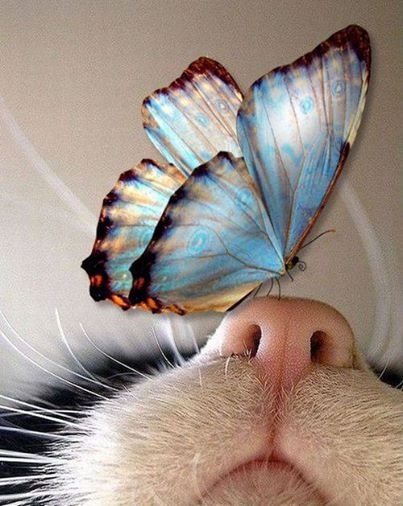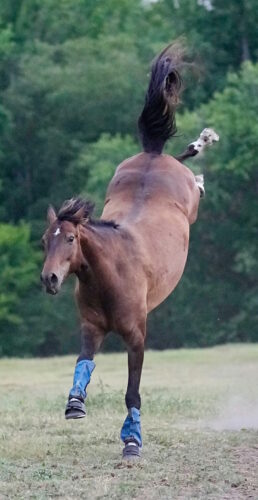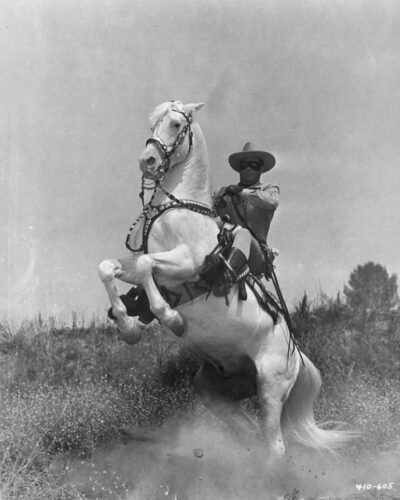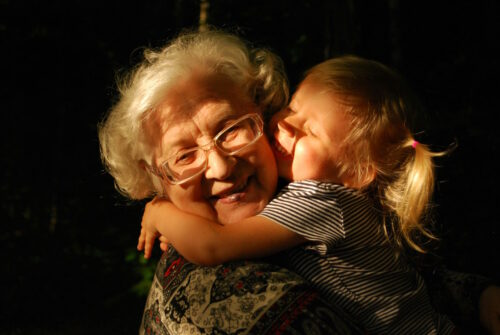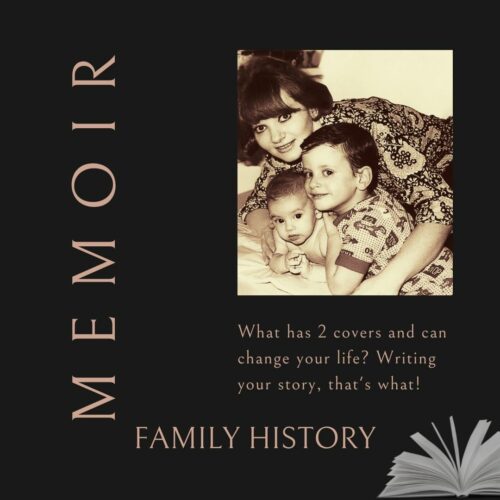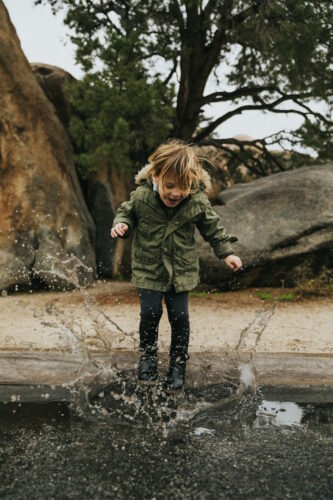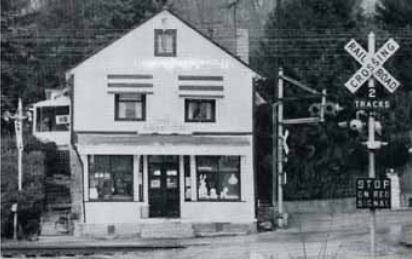
Here at Remembering the Time, I hear wonderful stories and love to showcase a variety of writers sharing their personal history work. This guest post is from multi-book author Ben Cooper. He is a husband, father, Christian author, beekeeper, and friend to everyone he meets. He was raised on a family farm and earned a degree in Agricultural Science from Penn State University. He retired after working 32 years for the Maryland Department of Agriculture to spend more time writing, speaking, teaching, and beekeeping. Come along with Ben on a journey down memory lane in his prose poem memoir. (Photo credit Ben Cooper Fombell General Store)
I Am From – Ben Cooper
I am from penny candy, red licorice fish, counted out by hand at the General Store that carried everything, so I thought.
I am from a multi-generational family farm:
from a two-mile stretch of pavement that dissected cropland, pastures, woods, yards, and streams;
from the rural life where cattle outnumbered people;
from a place where neighbors would stop and talk or lend a hand;
from a much slower time and place.
I am from a well-trodden path directing me from home to the farm and beyond:
from Tonka trucks and pedal tractors to a bicycle with a banana seat and my
first car (a 1972 Plymouth Valiant);
from a wooden bench swing hung each year from the limb of a maple tree,
from black and white television with rabbit ears;
from collecting Mallow Cup points and anxiously waiting for them to come
in the hot summer as they melted along their journey to our mailbox;
from returnable glass soda bottles and redeemable green stamps.
I am from rows of sweet corn planted, hoed and grown for 4-H:
from selling it by the roadside and giving an extra ear for every dozen sold,
(baker’s dozen);
from proudly showing it at the local fair in hopes of a blue ribbon.
I am from oversized work shoes bought for my ever-growing feet during the last week of school to protect them on the farm,
from being told to take care of them because they had to last a whole year.
I am from large family gatherings at holidays:
from sitting at the kids’ table until I had kids of my own to take my place;
from seeing out-of-state plates on cars in the driveway nearly every weekend.
I am from watchful eyes as a dozer shapes a twelve-foot-deep pond in a pasture field that would serve as a place to swim, fish, ice skate, and enjoy for years;
from learning those same skills to survey and design farm ponds in another
place, so that the same benefits would carry on to a new generation.
I am from Penn State University:
a chance to experience more than I ever expected;
a place that broadened my scope of education and shaped my vocation;
a taste of the vastness of the world our awesome God created.
I am from stewardship:
from being taught how to care for people, land, and animals by my father,
grandfather and great-grandfather;
from strength, hard work, and tender compassion for all living things.
I am from Adam:
knowing at twelve, I needed to be saved by faith in Jesus Christ;
from answering the call to serve Him here, in the Caribbean, and Pakistan;
from Jumonville, an annual glimpse of heaven with sweet fellowship;
from a country church inside the city limits, where the old hymns are
sung, the Word of God preached, and baptisms are done in the creek.
I am from Fombell, Pennsylvania, United States of America:
from British immigrants, who migrated here over 125 years ago for a new life;
from loved ones, young and old, who have passed away, but not forgotten;
from sweet, iced tea and Young’s frozen custard;
from Wayne and Shirley.
I am from vitality:
from a drawer of 10K race T-shirts and a pile of running shoes;
from caving, backpacking and seeking out the road less traveled;
from birthing classes with Sonia and welcoming five children into this world.
I am from cancer:
from an invading force that humbles all who stand in its path;
from experiencing the blessings of a mighty prayer army that moved
the heart of God;
from surgery, bone grafts, and radiation treatments;
from cards, letters, phone calls, and emails from family and friends who
weren’t afraid to show their support;
from dear, departed friends who fought much tougher battles than I;
from reaching down deep inside and using my faith in God to fuel my
recovery to where, twice now, I have proclaimed five years, cancer-free.
I am from words:
crafted by emotions, inspiration, and thoughts that came together in
the form of a book;
from seeing pages come alive with anticipation to holding the finished copy;
from getting my first, second, and third endorsement from well-known people
with a much larger following than myself;
from hearing the response from an unknown reader who expressed joy in
reading what I was inspired to write.
I am from the dust of this earth and will return to it someday. And as long as God grants me breath, I will do my best to please the One who created me.
###
Thank you for reading! Here’s a link to Ben’s author page on Amazon, you’re invited to take a look at his books: https://www.amazon.com/stores/Ben-Cooper/author/B07N33S7K1?ref=sr_ntt_srch_lnk_1&qid=1750182995&sr=1-1&isDramIntegrated=true&shoppingPortalEnabled=true&ccs_id=fb1ca479-8036-4009-a460-729752fca7dc
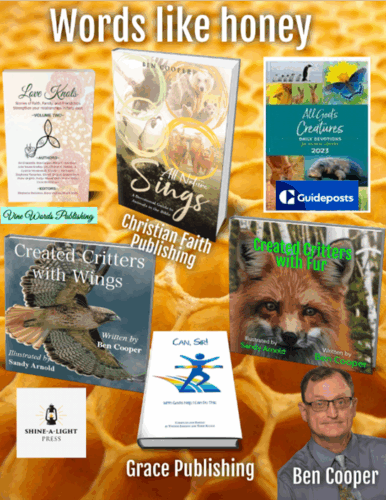
Like this and want to learn more about sharing your story? You can find a subscribe link to join the email blog list for memoir and family history tips, ideas, and all things personal history writing on the website: https://rememberingthetime.net/
